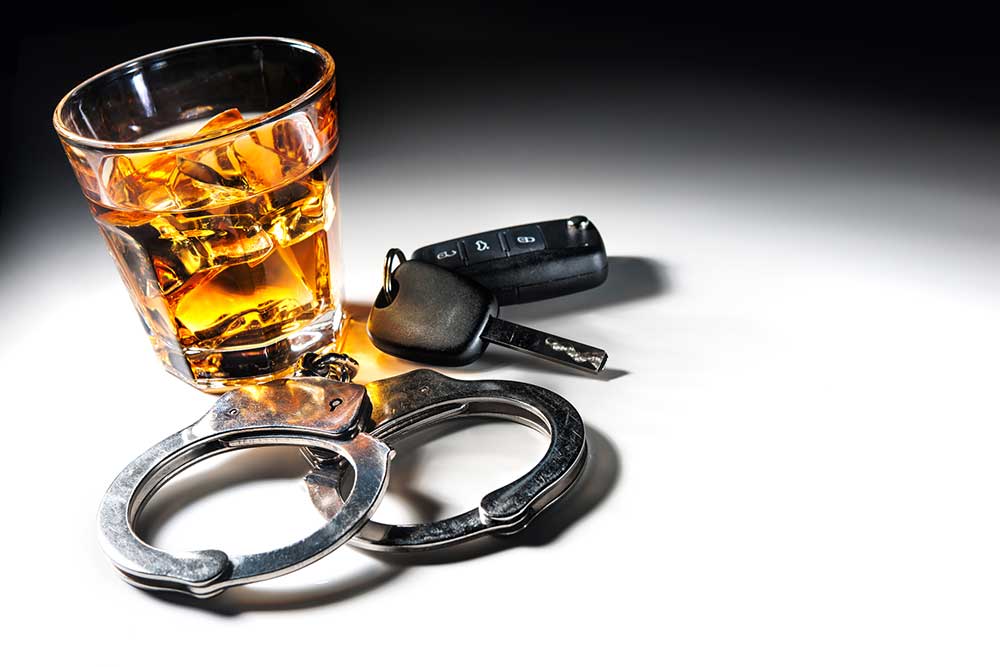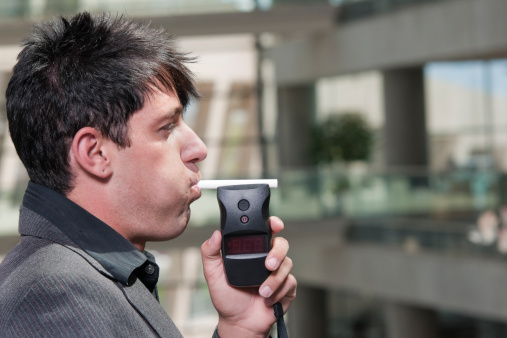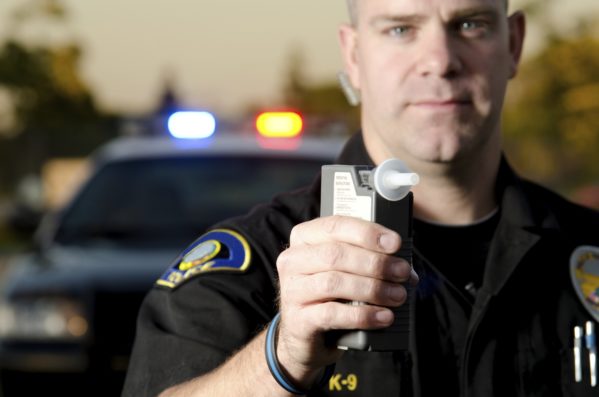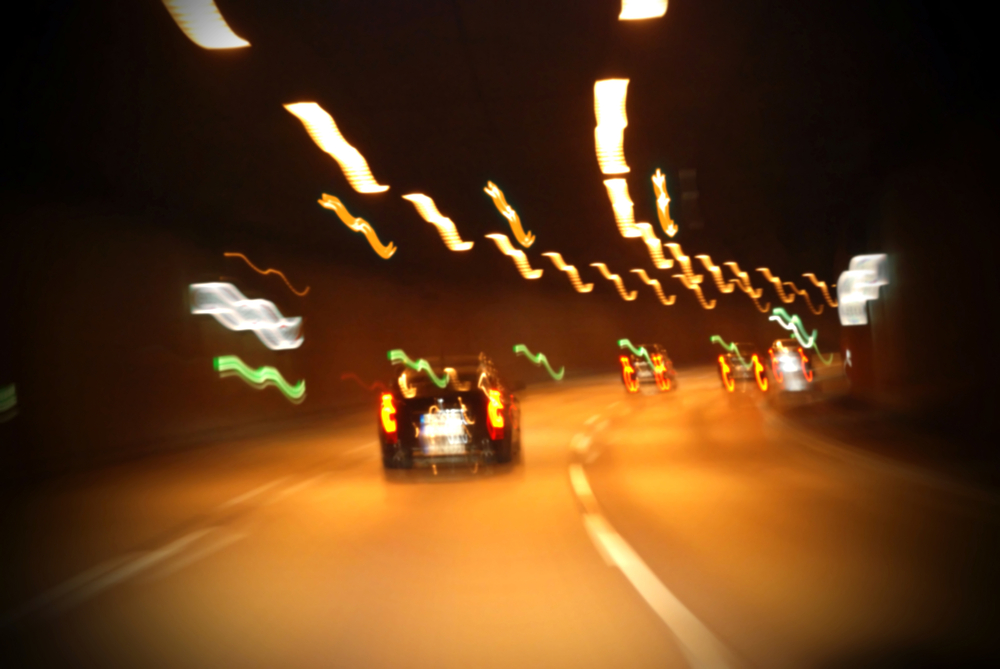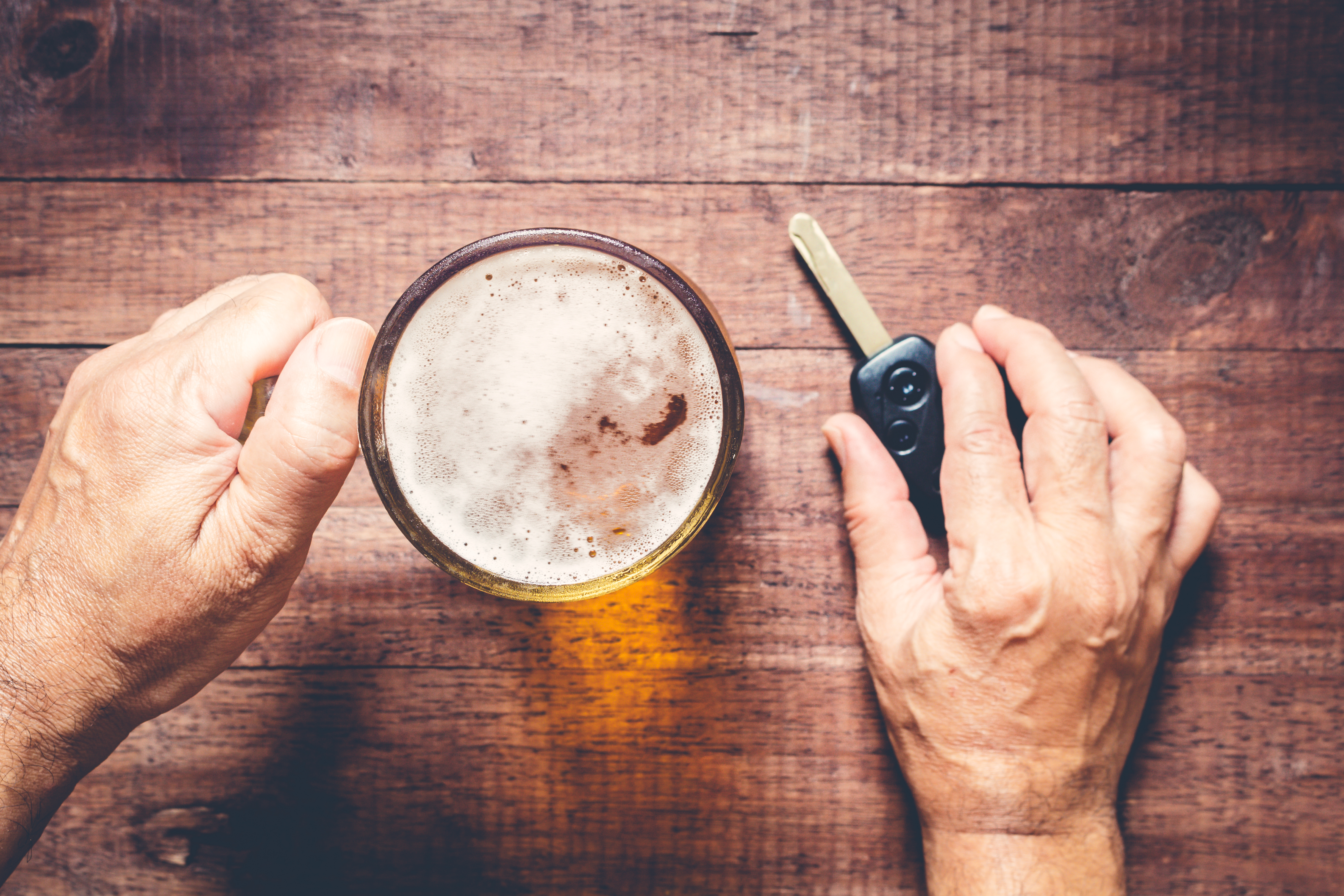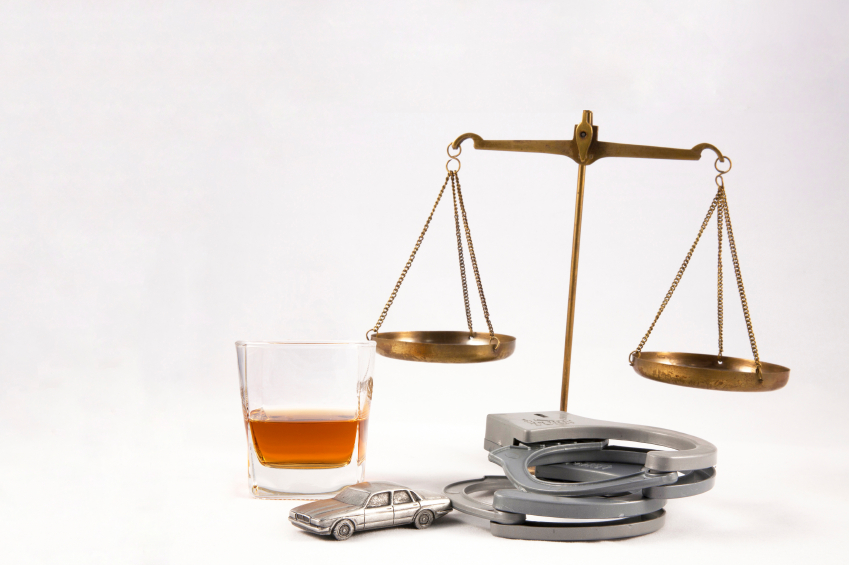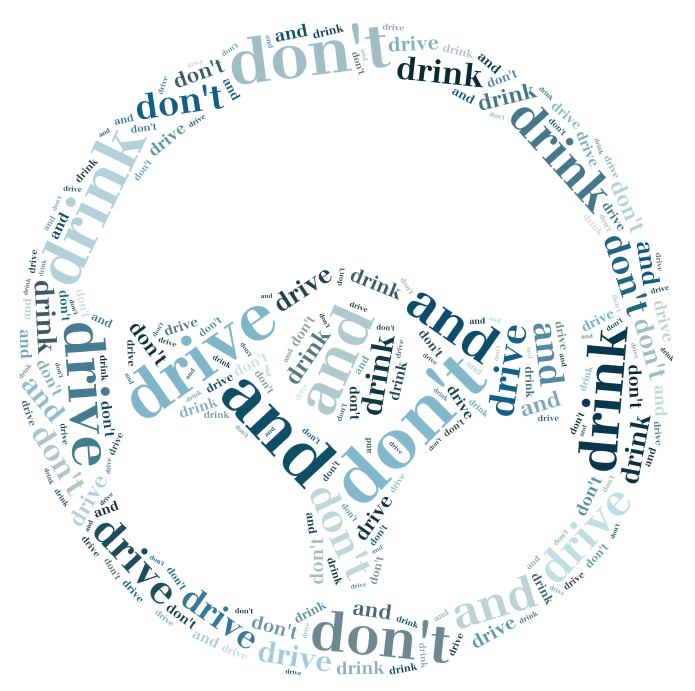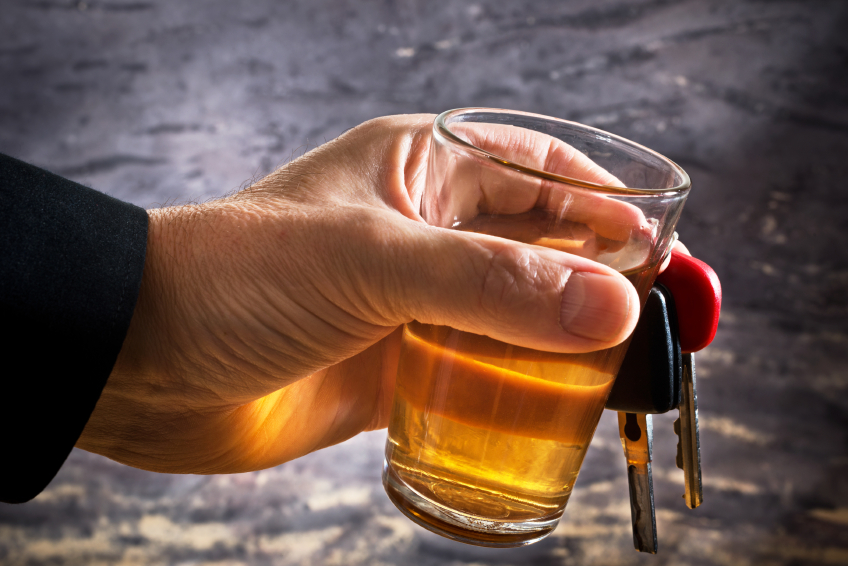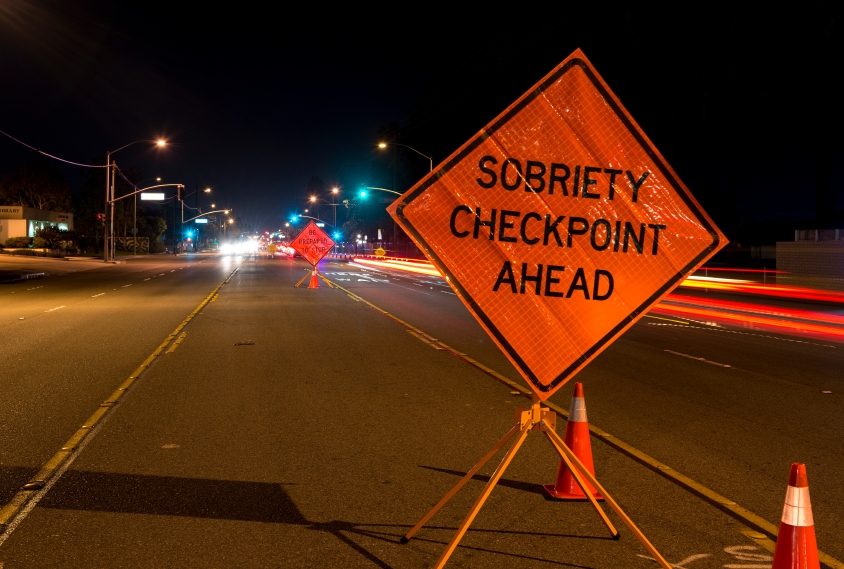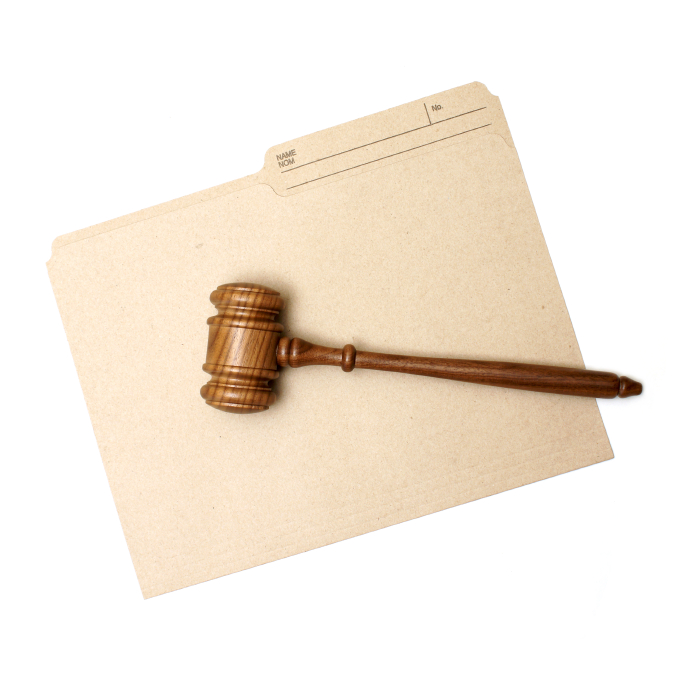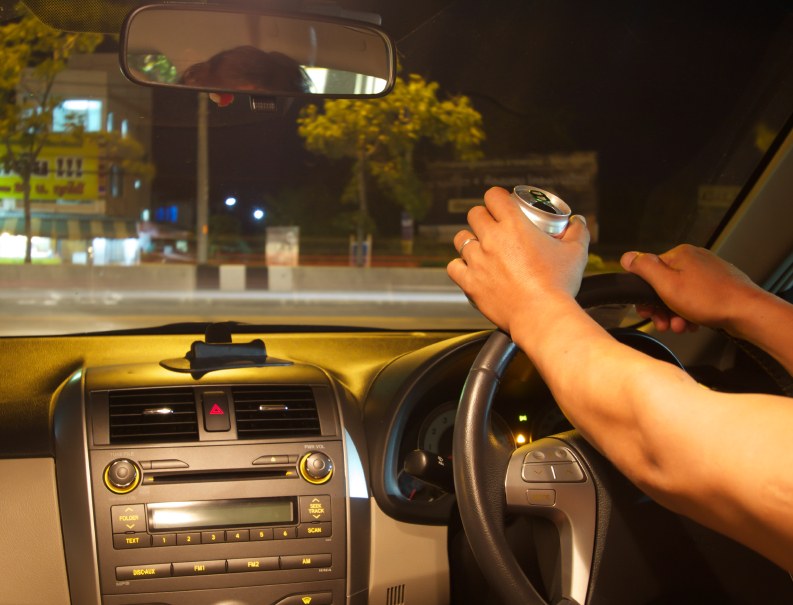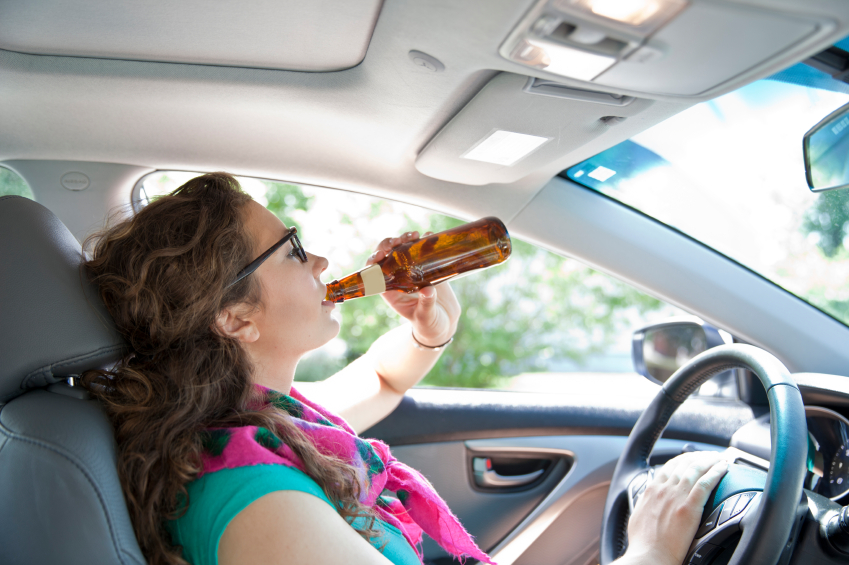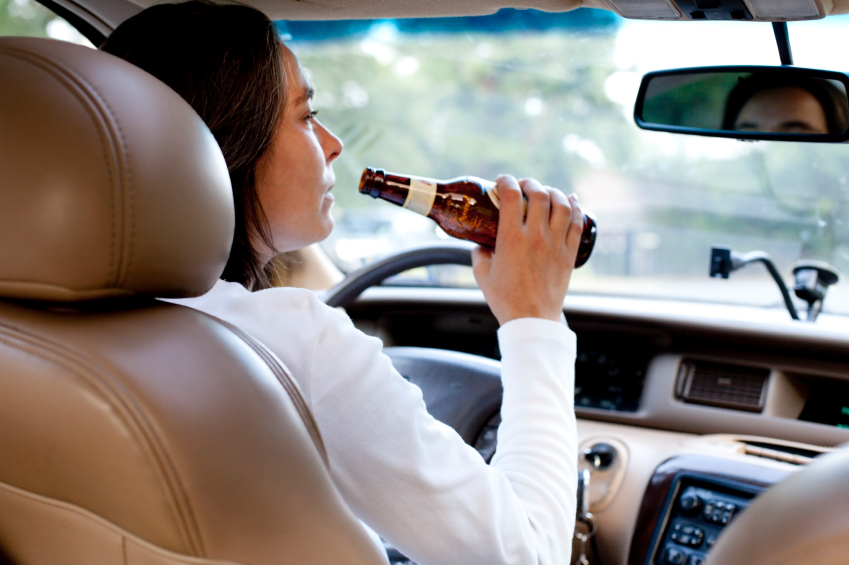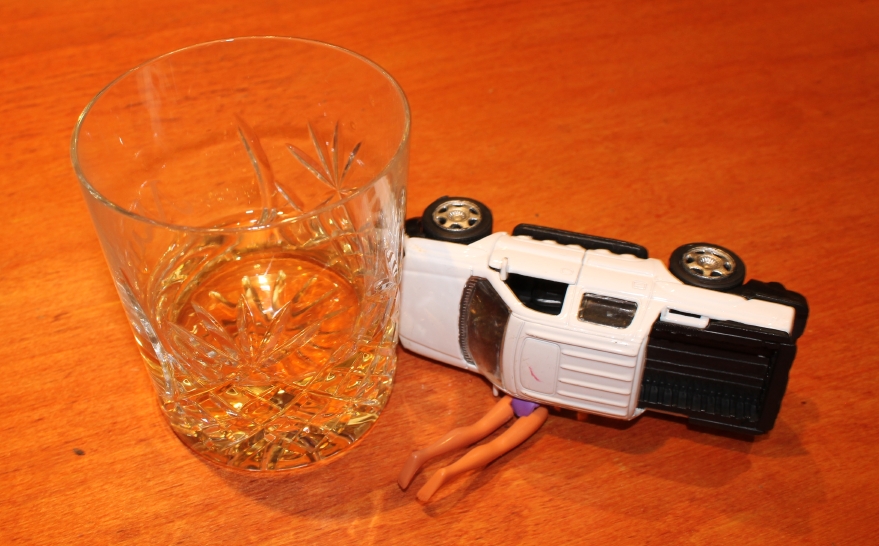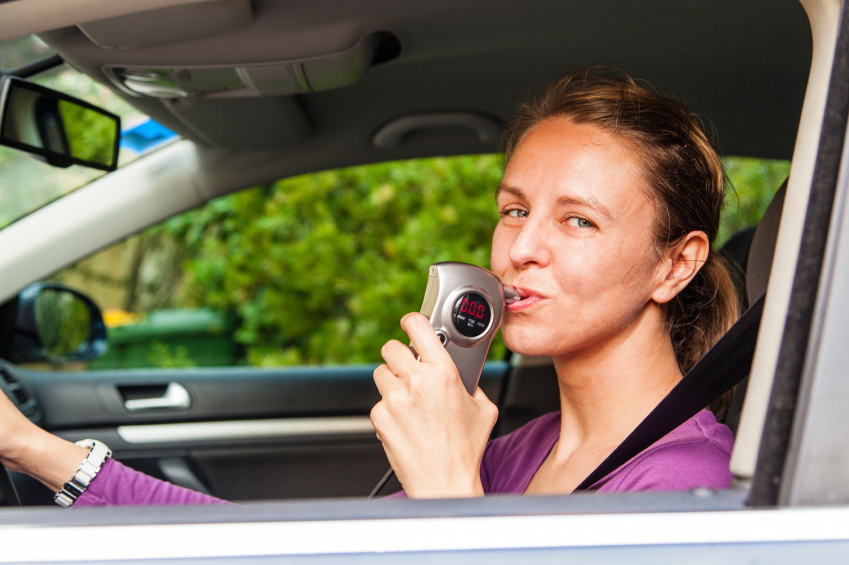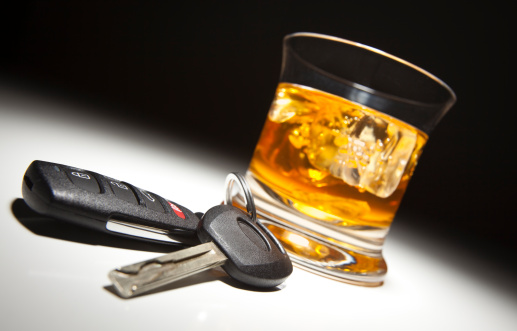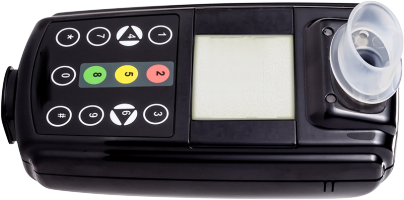
What’s an Ignition Interlock Device (IID)?
Drunk driving is never tolerated in any state. However, North Carolina deploys some of the harshest penalties for drunk drivers, including the Ignition Interlock Device (IID).
From jail time to fines to penalties, you will certainly endure a lot as a punishment for breaking the law.
However, one punishment many DWI offenders do not think about is that of the Ignition Interlock Device (IID). This is more than just a hassle; it becomes a costly apparatus that disrupts your daily life and could severely limit your freedom.
Am I Required to Have an Ignition Interlock Device (IID) in convicted of DWI?
If your driver’s license is revoked for a conviction of DWI and you had an alcohol concentration of 0.15 percent or more, you will be required to have an IID to restore your driver’s license.
Also, the statute requires that anyone reinstating or coming from a license suspension that was caused by a DWI will have an Ignition Interlock Device (IID) placed in their vehicle. You will be required only to operate a vehicle with the IID, or you could face significant penalties.
3 Ways the IID Can Affect Your Life
1. You Will Pay Daily Running Fees
You are required to pay all fees associated with the installation, maintenance, and service requirements for your Ignition Interlock Device (IID). These are a condition of your driver’s license, and if you fail to pay the fees, you could face additional penalties as well as have your driver’s license revoked.
Most companies offering IIDs will charge a daily fee that averages a few dollars per day. Over a year, you could spend over $1,000 on an IID.
These fees are on top of any fines or penalties you are already paying to the court, in addition to any restitution you might have been forced to pay for an accident or property damage associated with your DWI.
2. Rolling Re-Tests Might be Required
To keep people from having their engine run while drinking, most IIDs require a rolling re-test. That means that while you are driving, you may be required to administer another breath sample. If that sample comes back positive for any traces of alcohol, then the vehicle will stop.
This is a safety issue, but also a hassle. If you plan to take a longer road trip, you could have to periodically take your eyes and hands off the road to perform a rolling re-test.
3. Last Night’s Drinking Might Still Prohibit You from Driving
The Ignition Interlock Device (IID) is meant to detect even the most minute levels of alcohol in your breath. Therefore, you could be under the legal limit, but if any alcohol is detected, your ignition will not start.
So, if you were having a few drinks at home the night before and went to start your vehicle that next morning, if there is any presence of alcohol in your breath, you will not be able to start your vehicle.
Also, if you have too many positive hits, your IID will permanently lock, and you must contact the IID service monitoring it to have it unlocked, which is an additional fee.
Avoid the Costs and Hassles of an Ignition Interlock Device (IID)
The right defense attorney can help you avoid the costs, penalties, and life-altering changes of a DWI conviction. After your arrest, make your first call to DeMent Askew. Contact our offices now at 919-833-5555 to schedule a no obligation consultation for drunk driving charges with an attorney, or inquire online.

